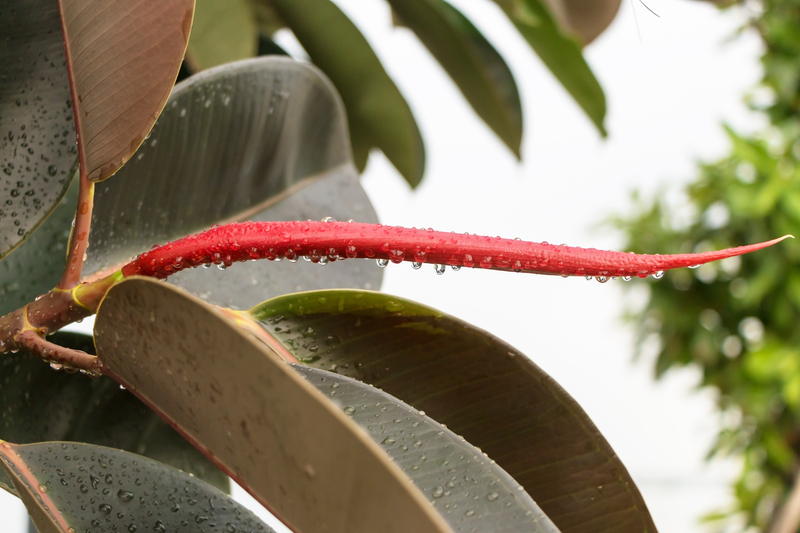Ideal Produce to Cultivate in Your Backyard
Posted on 20/01/2025
Cultivating your own produce in your backyard is an enriching and rewarding experience. It not only provides you with fresh, organic fruits and vegetables but also helps you connect with nature and reduce your carbon footprint. In this article, we explore the ideal produce to cultivate in your backyard, complete with tips, pros and cons, key takeaways, and a conclusion.
1. Tomatoes
Tomatoes are a favorite among backyard gardeners due to their versatility and ease of growth. They thrive in warm climates and require at least 6-8 hours of sunlight daily.
Tips:
- Choose a sunny spot with well-drained soil.
- Water consistently, but avoid getting the leaves wet to prevent diseases.
- Support plants with stakes or cages as they grow.

2. Lettuce
Lettuce is a cool-season crop, perfect for spring and fall. It grows quickly and can be harvested multiple times.
Tips:
- Plant in rows or containers with fertile, well-drained soil.
- Keep soil moist and provide partial shade during hot weather.
- Harvest leaves as needed to encourage continuous growth.
3. Carrots
Carrots are root vegetables that are easy to grow and can be harvested within 70-80 days.
Tips:
- Loosen the soil to a depth of 12 inches to encourage straight growth.
- Provide consistent moisture, especially during germination.
- Thin seedlings to prevent overcrowding.
4. Peppers
Peppers, including bell and chili varieties, are warm-season plants that provide bountiful yields.
Tips:
- Start seeds indoors 8-10 weeks before the last frost date.
- Transplant outdoors in a sunny, well-drained location.
- Mulch around plants to conserve moisture and suppress weeds.
5. Herbs
Herbs like basil, parsley, and mint are excellent additions to any backyard garden. They require minimal maintenance and can be harvested regularly.
Tips:
- Plant herbs in well-drained soil and full sun.
- Water regularly but avoid over-watering.
- Trim frequently to promote bushy growth.
Pros and Cons of Cultivating Produce in Your Backyard
Pros:
- Access to fresh, organic produce.
- Cost-effective compared to buying from stores.
- Reduces carbon footprint by eliminating transportation.
- Provides physical exercise and mental relaxation.
Cons:
- Requires time and effort to maintain.
- Initial investment in seeds, soil, and tools.
- Susceptibility to pests and diseases.
- Space limitations for urban gardeners.
Tips for a Successful Backyard Garden
- Start small with easy-to-grow plants if you are a beginner.
- Plan your garden layout based on the sun exposure and space available.
- Invest in good quality soil and compost to nourish your plants.
- Stay consistent with watering and weed control.
- Rotate crops each season to prevent soil depletion.

Key Takeaways
- Choose produce that suits your climate and space.
- Be mindful of sunlight, soil quality, and watering needs.
- Utilize gardening techniques like mulching and crop rotation.
- Harvest regularly to enjoy fresh produce and encourage growth.
Conclusion
Cultivating produce in your backyard is not only a fulfilling hobby but also a sustainable way to access fresh, organic food. By selecting the right crops, providing proper care, and staying consistent with maintenance, you can enjoy a bountiful harvest year after year. Whether you're a seasoned gardener or a novice, the key to success lies in understanding your plants' needs and creating an environment where they can thrive.
Latest Posts
Must-Try Planting Concepts for a Beautiful Autumn Garden
DIY Guide to Perfectly Sharpening Garden Shears at Home
Essential Techniques for Maintaining Clean and Lush Artificial Grass
Transform Your Space With Meaningful Zen Garden Plant Choices




